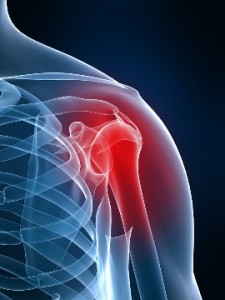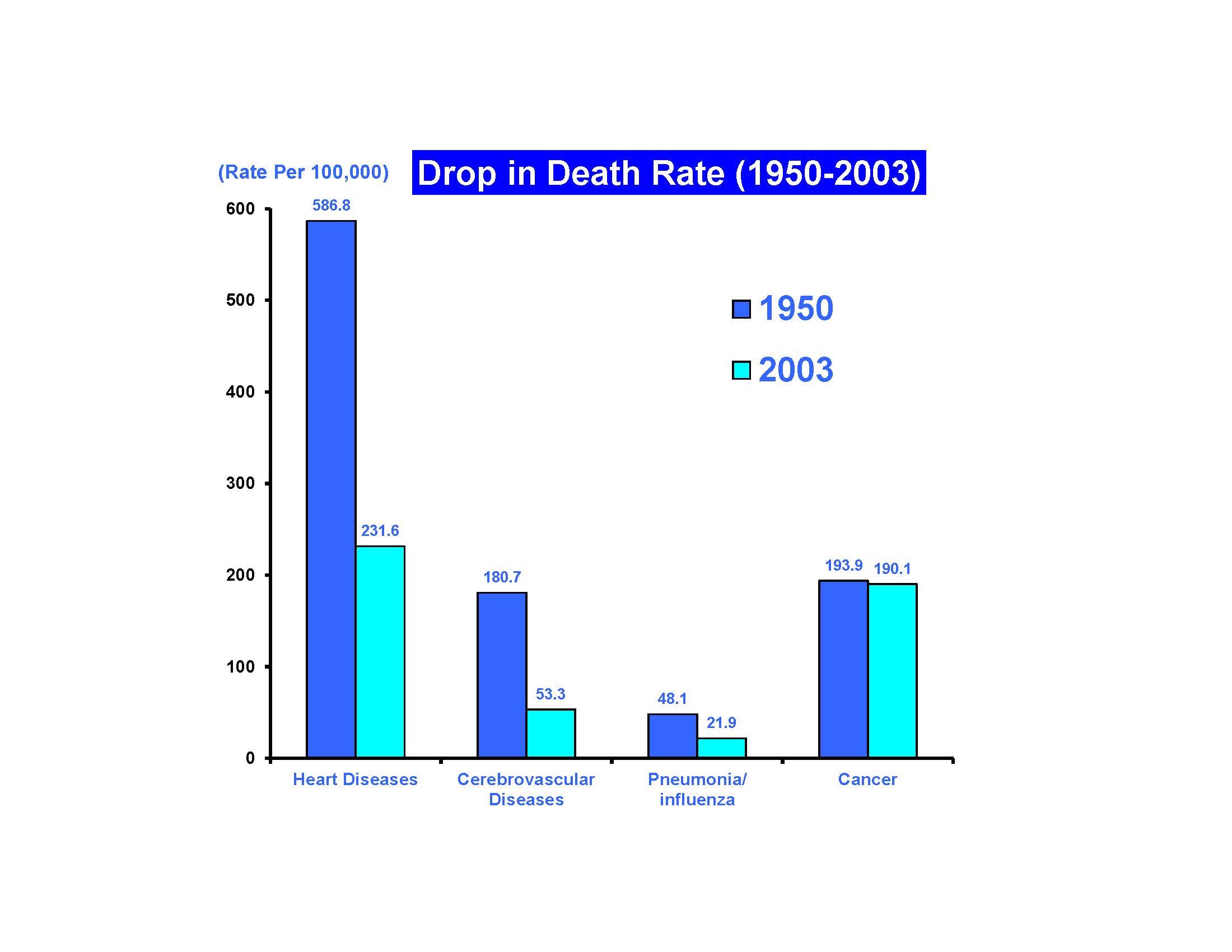A 62 year old woman who had acupuncture treatments at HolliBalance Well-being Center several years ago came back for treatments of plantar fassciatis (heel pain). Upon examining, she mentioned that her right shoulder joint has been bothering her for over a year and she had quite a lot of pain just combing her hair in the morning. She said she had done physical therapy and the condition improved from its worst time but the pain from doing certain movements still lingers and hadn’t improved in the past six months. She explained that she hadn’t mentioned this issue previously because she was unaware that acupuncture could help improve her pain. However, after only two treatments the pain was noticeably gone and she could comb her hair without any pain.
 Continue Reading »
Continue Reading »
High cholesterol (hyperlipidemia) in Chinese Medicine perspective is considered a “phlegm” condition and is related to the malfunction of liver in regulating the transformation and transportation of cholesterol.
Cholesterol is an essential structural component of all cell membranes. In addition to providing proper membrane permeability and fluidity, cholesterol aids in intracellular transport, signaling and nerve conduction. Cholesterol is the precursor for the biosynthesis of steroid hormones, bile acids and vitamin D. These steroid hormones include cortisol, aldosterone, progesterone, estrogen and testosterone. The body makes about 75% of blood cholesterol, while the other 25% comes from food from animal sources. Cholesterol is converted in bile in the liver and stored in the gallbladder.

Up to about 1 gram of cholesterol enters the colon a day from food, bile and intestinal cells. It is then converted into a nonabsorbable sterol that is excreted in the feces. The liver functions in regulating cholesterol levels of by synthesizing cholesterol and also removing it from the body. An individual’s cholesterol level may differ for a number of reasons including heredity, level of physical activity, weight, diet, hormonal changes and age. Eating a diet rich in fruits and vegetables, lean protein and healthy fats while engaging in regular physical activity are the first steps one should take to reduce cholesterol levels.
Continue Reading »
Acupuncture and Chinese Herbal Medicine in Cancer Treatment
Acupuncture has been practiced for thousands of years in the Eastern hemisphere, but is now commonly used to manage cancer-related symptoms, including pain, weight loss, anxiety, depression, insomnia, poor appetite, fatigue and gastrointestinal distress.
In 1997, the National Cancer Institute evaluated the safety and effectiveness of acupuncture as a complimentary cancer treatment, concluding that “there is clear evidence that needle acupuncture treatment is effective for postoperative and chemotherapy nausea and vomiting.” The panel also stated in their report, “there are a number of other pain-related conditions for which acupuncture may be effective as an adjunct therapy, an acceptable alternative or as part of a comprehensive treatment program.” According to the NCI, acupuncture has also been found to boost blood cell count and enhance lymphocyte and natural killer cell activity in some cancer patients and is well tolerated by most patients.
This supports the theory that the greatest benefit of Chinese Medicine as a compliment to chemotherapy and radiation is in its ability to improve immune system function to support the body’s ability to defend itself from the spread of cancer while alleviating the side effects of cancer treatments.
Continue Reading »

Cancer Death Rate 2003 vs. 1950
Continue Reading »
I have meant for the past three years to write about how to look at different life-threatening disease, aging, and health from Chinese Medicine perspective. As I continue my study and understanding of the profound theories underlying Chinese Medicine passed down from my ancestors, my yearning to share my thoughts and help more people beyond my daily interaction with my patients grow ever stronger. I saw this article by Robert Bazell, chief science and medical correspondent of NBC News “Rethinking how we confront cancer: Bad science and risk reduction”. I want to expand on this topic for the coming two weeks. I think it will be a good start to my long-delayed project on writing blogs to further the understanding of acupuncture and Chinese Medicine by the public.
Continue Reading »


